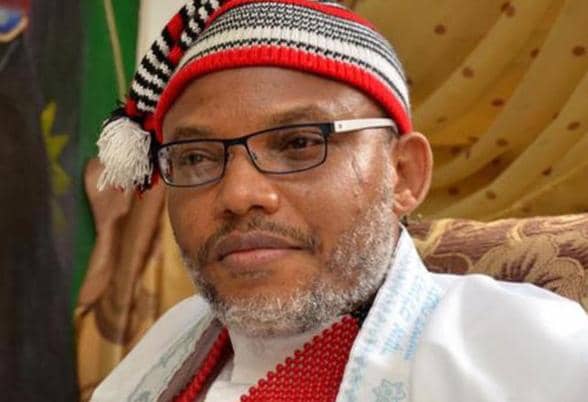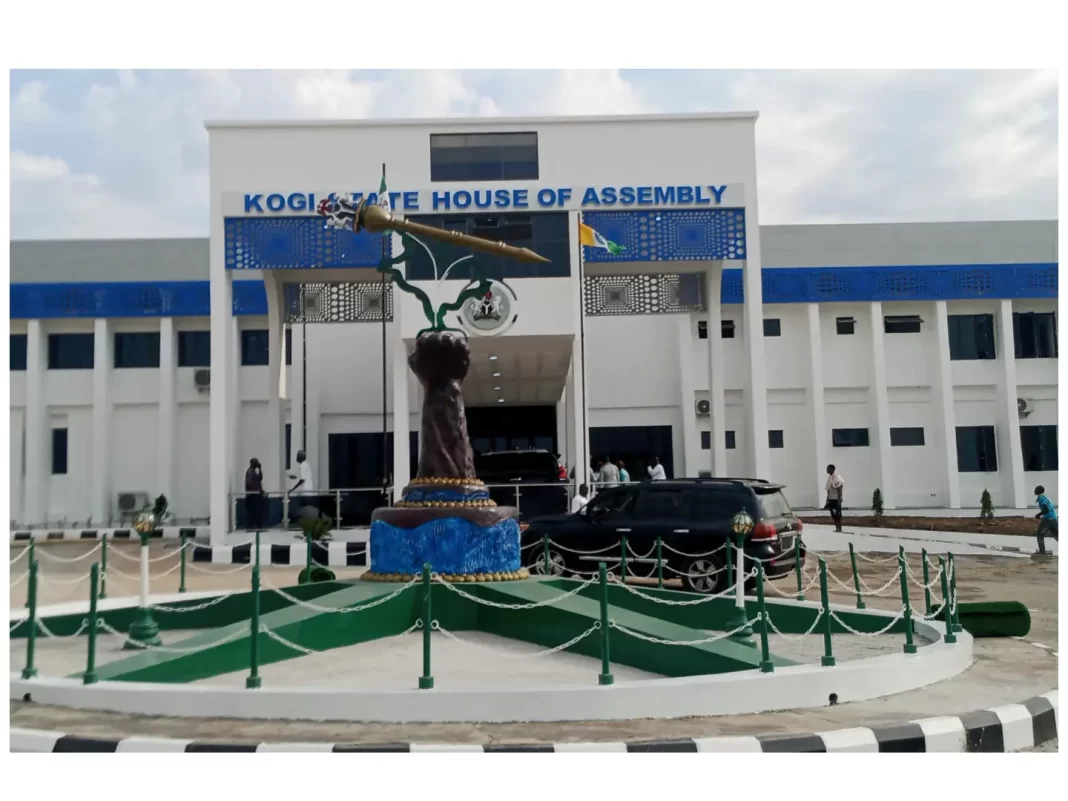By Jabiru Hassan
The Independent Hajj Reporters (IHR), a faith-based civil society organization in Nigeria’s Hajj and Umrah industry, has appealed to President Bola Ahmed Tinubu and the 36 state governors to urgently provide financial assistance to prevent Nigerian intending pilgrims from missing the 2026 Hajj pilgrimage.
In a statement signed by its National Coordinator, Ibrahim Muhammad, who is currently in Saudi Arabia for pre-Hajj preparations and attending the 5th Hajj and Umrah Conference in Jeddah, the group warned that Nigeria risks losing thousands of pilgrimage slots if immediate action is not taken.
According to the statement, the Saudi Arabian Ministry of Hajj and Umrah has given Nigerian Hajj authorities a two-week ultimatum to complete all required payments for the country’s allocated slots—similar to what other participating nations have done.
“The Ministry threatens to further reduce Nigeria’s Hajj quota from the already downgraded 66,000 to 50,000 if the Nigerian Hajj Mission fails to comply with the requirements,” the statement read.
This marks the first time Nigeria’s Hajj quota has been cut to 66,000, down from its long-standing allocation of 95,000 over the past two decades.
The IHR urged President Tinubu to collaborate with state governors to approve an emergency loan covering state allocations and release the funds to the National Hajj Commission of Nigeria (NAHCON). The move, the group said, would allow NAHCON to fulfill payment obligations within the Saudi government’s deadline.
“Failure to assist will demote Nigeria from one of the major Hajj-participating countries, and the country may be permanently placed on 50,000 slots, while other countries are applying for an increase,” the CSO warned.
The Saudi Ministry of Hajj has set December 21, 2026, as the deadline for Mashaa’ir Camp fee payments via the Nusuk Wallet, with January 4, 2026, as the final deadline for all Hajj-related payments and service confirmations.
IHR highlighted the urgency of the situation, noting that fewer than 20,000 intending pilgrims have registered nationwide so far—placing NAHCON in a difficult financial position.
The organization added that any loan approved by the government would be refunded to state governments once pilgrims pay their fares, stressing that this intervention is critical to safeguard Nigeria’s international standing in Hajj participation.
It also attributed the low registration numbers to delayed and sluggish pre-Hajj preparations, as well as the tendency of intending pilgrims to wait until the end of Ramadan before making payments.
IHR concluded by urging all stakeholders to act swiftly to “save Nigerian pilgrims” and prevent the country from losing its long-held reputation as a leading participant in the global Hajj exercise.





